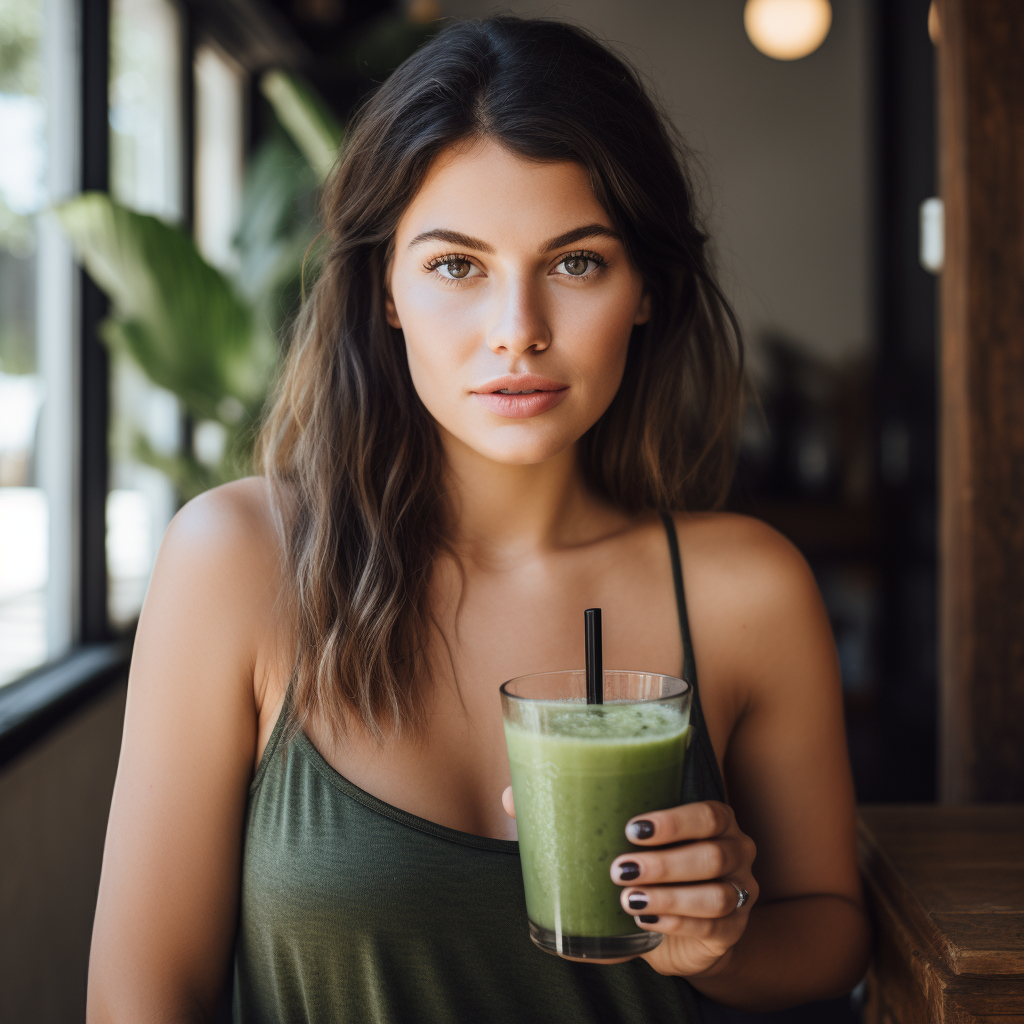Are oysters really an aphrodisiac? This is a question that has been asked for centuries, with many people believing that consuming oysters can increase libido and sexual performance. But is there any truth to this claim, or is it just a myth perpetuated by popular culture?

Despite the widespread belief in oysters’ aphrodisiac properties, scientific studies have yielded mixed results. While oysters do contain compounds that may improve sexual performance or desire, the evidence supporting their effectiveness as an aphrodisiac is inconclusive. In this article, we will explore the myths and facts around oysters’ supposed ability to increase libido, backed by real scientific studies and facts with full citations and scientific sources.
By examining the nutritional content of oysters and the scientific evidence supporting their aphrodisiac properties, we hope to separate fact from fiction and provide you with a clearer understanding of whether or not oysters can truly enhance your sexual experience. So, let’s dive in and explore the truth about oysters and their impact on libido.
The Oyster and Libido Connection

For centuries, oysters have been considered a natural aphrodisiac and have been widely used to increase sex drive and desire. However, the scientific evidence supporting this claim remains inconclusive.
Oysters contain compounds that may improve sexual performance or desire, but science has yet to prove that oysters are a reliable aphrodisiac. One study published in the Journal of Sexual Medicine found that oysters contain high levels of zinc, which is important for testosterone production and can help improve sexual function in men. However, the study did not find a direct link between oyster consumption and increased libido.
Another study published in the journal Nutrition Research found that oysters contain amino acids that can help improve sexual function in both men and women. However, the study did not find any evidence to support the claim that oysters are a reliable aphrodisiac.
Overall, while oysters may contain compounds that can improve sexual function, there is no scientific evidence to support the claim that oysters are a reliable aphrodisiac. If you are looking to improve your sexual function, it is important to focus on maintaining a healthy lifestyle, including regular exercise, a balanced diet, and stress management.
Sources:
- Zinc status and serum testosterone levels of healthy adults
- Amino acid composition of an aphrodisiac oyster
Myths Surrounding Oysters and Libido

Oysters have long been considered an aphrodisiac, but is there any truth to this belief? Let’s explore some of the myths and facts surrounding oysters and libido.
Myth: Oysters are a Natural Aphrodisiac
It’s a common belief that oysters can increase libido and improve sexual performance. While oysters do contain zinc, which is essential for testosterone production, there is no scientific evidence to support the claim that they are a natural aphrodisiac. In fact, a study published in the Journal of Sexual Medicine found that there was no significant difference in sexual desire or satisfaction between men who consumed oysters and those who did not.
Myth: Oysters Increase Dopamine Levels
Dopamine is a neurotransmitter that plays a role in pleasure and reward. Some people believe that oysters can increase dopamine levels, which can lead to increased sexual desire. However, there is no scientific evidence to support this claim.
Fact: Oysters are a Good Source of Zinc
Zinc is an essential mineral that is important for many bodily functions, including immune system function, wound healing, and DNA synthesis. Oysters are a good source of zinc, with one medium-sized oyster containing approximately 5.3 mg of zinc. However, it’s important to note that excessive zinc intake can be harmful and can lead to symptoms such as nausea, vomiting, and diarrhea.
Fact: Oysters Contain Omega-3 Fatty Acids
Omega-3 fatty acids are important for heart health and brain function. Oysters are a good source of omega-3s, with one medium-sized oyster containing approximately 0.15 g of omega-3s. However, it’s worth noting that there are many other sources of omega-3s that may be more palatable for some people, such as fatty fish, nuts, and seeds.
In conclusion, while oysters may be a good source of zinc and omega-3 fatty acids, there is no scientific evidence to support the claim that they are a natural aphrodisiac. If you’re looking to improve your sexual health, it’s important to focus on a healthy diet, regular exercise, and good sleep habits.
Conclusion
While oysters may contain compounds that are associated with sexual desire and function, there is not enough scientific evidence to support the idea that only eating oysters is a reliable aphrodisiac. If you enjoy eating oysters, there is no harm in including them in your diet, but don’t expect them to have a significant effect on your libido. Instead, focus on maintaining a healthy lifestyle, including regular exercise, a balanced diet, and stress management.
Disclaimer: The information provided in this blog is for educational purposes only and is not intended as a substitute for professional medical advice. Always consult with your physician or another qualified healthcare provider before starting any new treatment or with any questions you may have regarding a medical condition. We also cannot guarantee the accuracy of the scientific studies mentioned.
David, a dedicated superfood enthusiast, has spent over a decade delving deep into the healing and rejuvenating powers of superfoods. With his vast knowledge, he passionately shares insights on how these natural wonders can optimize health and vitality for modern lifestyles.




